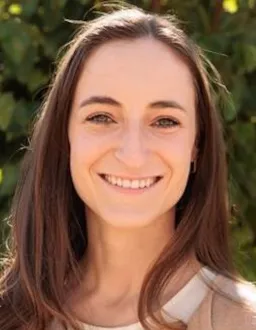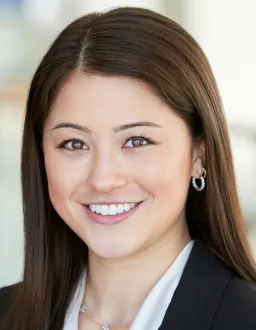Rachel Bethune, MD, is completing her pediatrics residency training at the University of Manitoba, where she has gained experience caring for children with medical complexity in remote and underserved northern Canadian communities. She is past president of the Professional Association of Residents and Interns of Manitoba. Her scholarly interests include the intersection between complex care and the PICU, and improving outcomes for children with chronic critical illness.
Popular Search Terms



